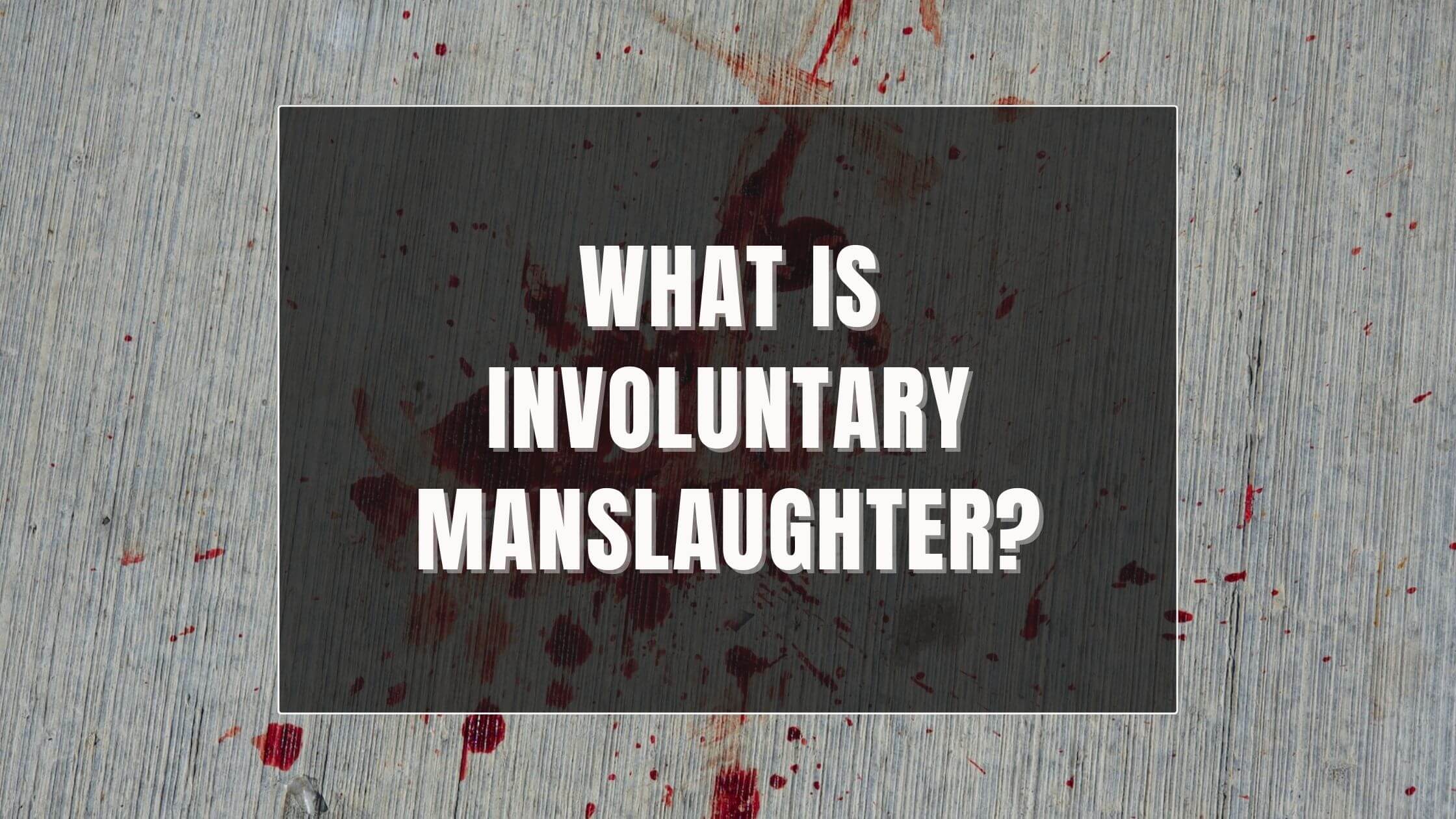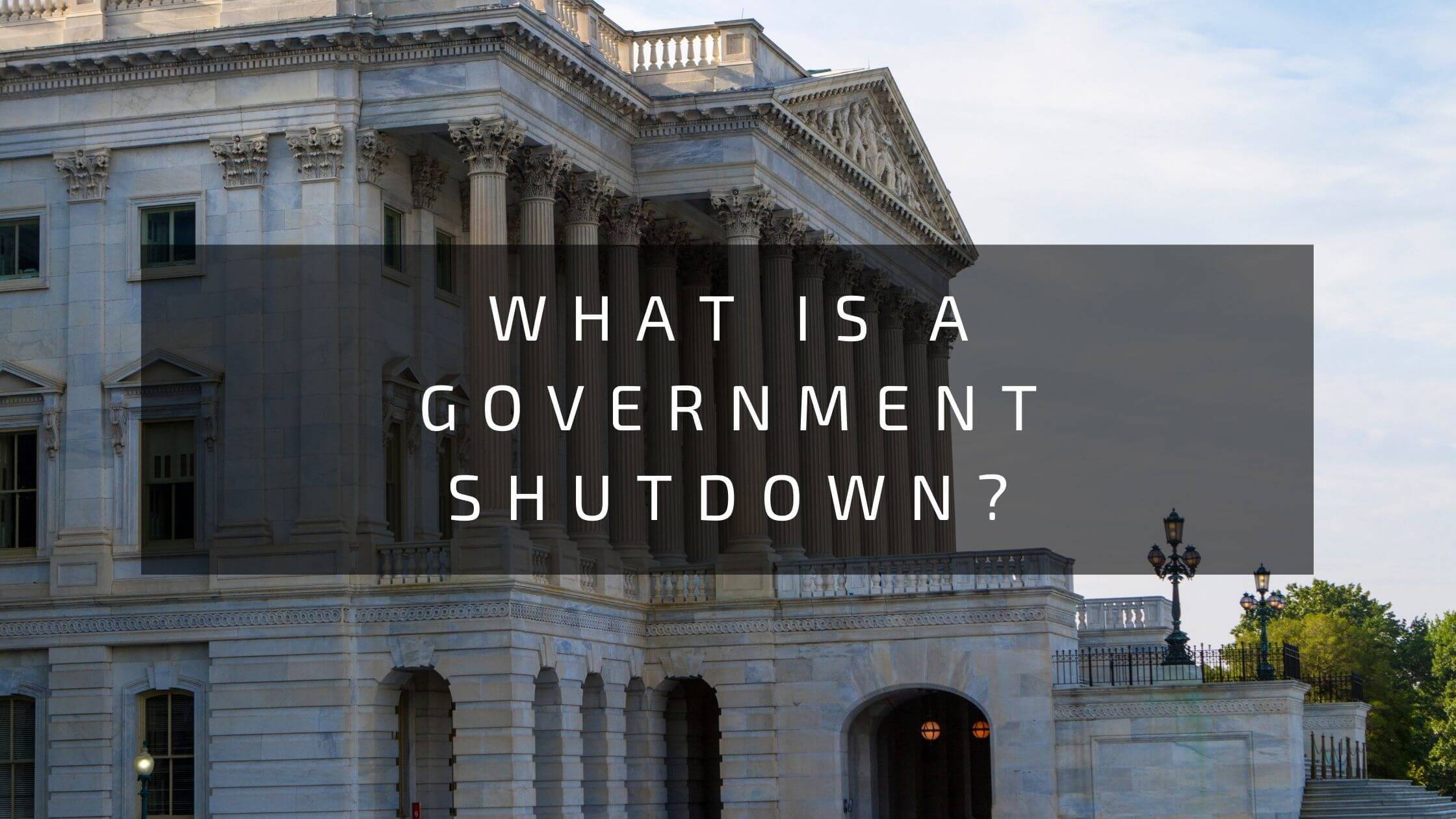Table of Contents
ToggleIf you are charged with the crime of killing someone, then that is never a good thing. However, there are different types of charges.
What is involuntary manslaughter?
Involuntary manslaughter is a type of criminal offense that involves the unintentional killing of another person.
Manslaughter in United States Law
Most, but not all, states in the US have specific criteria for a person to be liable for involuntary manslaughter.
Defendants with murder charges will often request that their charges be reduced to involuntary manslaughter. This reflects an admission of guilt, but for different circumstances than a first-degree murder charge would warrant.
What Is Manslaughter?
When another individual kills a person, the criminal charge the individual goes to trial for depends on a concept called malice.

In law, malice is the intention to commit a crime or harm another individual.
In the instance of a murder, an individual has to have clear malice and intent to harm another individual.
The term manslaughter is used to indicate a lesser form of murder. Here, human life was forcibly taken in an unlawful act but wasn’t premeditated murder.
This may include acts of gross negligence, accidents, acts of passion, or other non-traditional circumstances in which someone’s life has been lost.
What Does Involuntary Mean?
There are two types of manslaughter: voluntary and involuntary. Voluntary manslaughter indicates that the individual had awareness of and intention to commit the murder.

While the murder may have been done in malice, it also may have been in response to emotional stimuli or committed as an act of passion. This includes murders committed “in the heat of the moment” or while intoxicated.
This is a legal grey area, as it can be difficult to determine the motive behind a murder. Defendants with murder charges will move to have them lowered to voluntary manslaughter, as this entails less jail time in cases where a conviction is likely.
Involuntary manslaughter, on the other hand, is manslaughter without malice. This applies to cases where a person died due to negligence, reckless conduct, or other circumstances that could have been prevented.
Examples may include vehicular homicide, wrongful death in the workplace, and medical malpractice.
Premeditated Murder
One key difference between involuntary manslaughter and premeditated murder is malice and intent.

Premeditation is when the assailant knowingly plans and carries out murder and isn’t acting out of character due to an emotional disturbance or mental handicap.
A homicide does not have to be premeditated to receive the charge of murder. However, most states do reserve first-degree murder for premeditated murders.
In other cases where premeditation cannot be proven, but there is strong evidence of malice and intent to harm, second-degree murder may be used to describe the crime.
Wrongful Death
Not all homicide cases go to trial. For instance, the family of a patient that dies due to medical malpractice may not bring criminal charges. Instead, they may opt to sue the physician or hospital for wrongful death.

There are other instances where an involuntary manslaughter charge may not be used.
If an individual dies at their workplace, OSHA (Occupational Safety and Health Administration) laws and incorporation status may prevent anyone from being charged with involuntary manslaughter.
Instead, a wrongful death lawsuit may take place.
The involuntary manslaughter charge is more commonly used in cases involving a vehicular homicide offense, DUI (driving under the influence of alcohol), caregivers, or abuse of the vulnerable.
How Long Is a Sentence for Involuntary Manslaughter?
The number of years a defendant might receive for involuntary manslaughter depends on the state and the manner of death. Several factors will shorten or lengthen a sentence.

The involuntary manslaughter charge can be applied to individuals responsible for accidentally killing someone while carrying out a separate criminal act.
For example, a burglar fleeing a crime scene may accidentally hit and kill a pedestrian. While the death was involuntary and not with malice, the accompanying crime will bring forth its own criminal charge and consequences.
Federal guidelines
Under federal guidelines, involuntary manslaughter carries a sentence of 10-16 months. This is far less than a murder charge, which can carry a sentence of up to life in prison or the death penalty.
In California, an involuntary manslaughter sentence can be between 2 and 4 years. The final sentence is at the judge’s discretion.

In most states, involuntary manslaughter is a felony charge, meaning that one can be sentenced to over 12 months in prison.
In New York, involuntary manslaughter can be punished anywhere from 3 to 20 years, depending on whether or not it’s aggravated.

Get Smarter on US News, History, and the Constitution
Join the thousands of fellow patriots who rely on our 5-minute newsletter to stay informed on the key events and trends that shaped our nation's past and continue to shape its present.
The charge becomes aggravated when the individual killed is a police officer, and the perpetrator is aware of this.
For example, a person may flee the scene of a crime and engage in a car chase. If one of the officers is killed in an accompanying crash, the perpetrator may receive an aggravated involuntary manslaughter charge.
Determining Involuntary Manslaughter
The prosecuting attorney will decide how to classify a crime.
A trial then determines what charge to indict an individual on.
A charge too severe may result in an acquittal, whereas getting a lesser charge, like manslaughter, even when the defendant doesn’t plead guilty, can drastically reduce their jail time.

Much of the courtroom strategy is based on the different types of murder and manslaughter charges.
Although involuntary manslaughter is one of the lowest homicide charges, it can still carry a lengthy sentence.
Special factors that may affect the outcome of a case include:
- negligence
- malice
- premeditation
- aggravation
- emotional disturbance.
Most cases involving acts of passion don’t qualify for involuntary manslaughter but voluntary manslaughter instead.

Other cases with premeditation or especially heinous circumstances qualify for a traditional murder charge.











